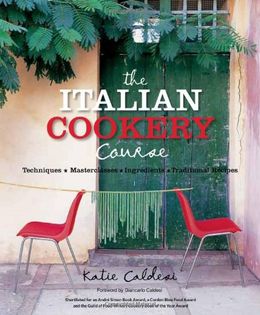
The Italian Cookery Course
I love Italian food and this book provides a wonderful journey through Italy, its cooking traditions and authentic recipes. There is simply no other Italian cookery book for me.
Advertisement

Food writer
https://museumofkitchenalia.com/
I love Italian food and this book provides a wonderful journey through Italy, its cooking traditions and authentic recipes. There is simply no other Italian cookery book for me.
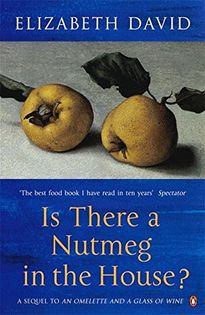
I love David’s quirky, intimate style of writing, her wit and intelligence.
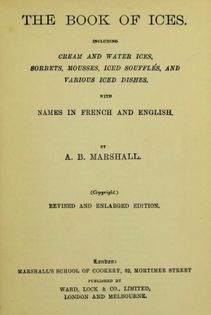
Agnes was one of the most prolific culinary genius’ of the nineteenth century – author, inventor, entrepreneur, cookery school owner, domestic agency owner, retailer, International speaker and demonstrator. I continue to have sleepless nights about her lack of legacy in this country! It is my ambition to write a screen play of her amazing life.
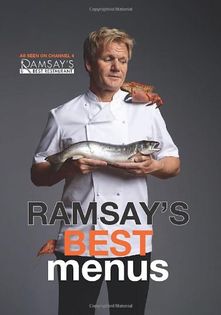
Some may think this a cliché. However, Mr.Ramsay’s books are frequent reference material for me (I have many). His Best Menus contains a clever little indexing system, where you can mix and match courses. It’s brilliant. I also appeared on television some years ago in one of his shows – Ramsay’s Best Restaurants and met the big fella himself. He’s inspiring.
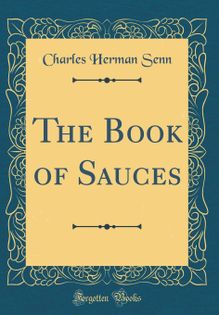
This little book published in the 1930s provides an incredible compendium of just about every sauce you can think of and many, many more. Senn is another forgotten culinary hero who co-founded the Universal Cookery and Food Association. He wrote over 30 books and worked collaboratively with Brown and Polson to create a range of sauces.

The marvellous, brilliant and talented cook, Eliza Acton was plagiarised by Beeton and neglected within the annals of culinary history for decades. She combined original cookery writing with specific timings and measurements, long before it was common practice.
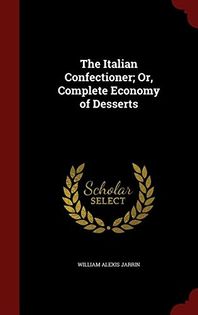
Jarrin is another largely forgotten hero. I love referring to his wonderful confectionery recipes and ogling at the beautifully drawn tools he used in the nineteenth century.
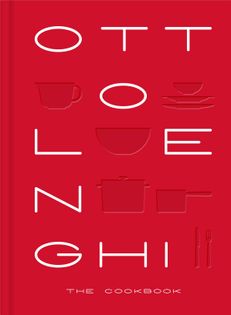
In many ways this book changed the way I work with food and provided me with the opportunity to experiment with lots of new flavours.
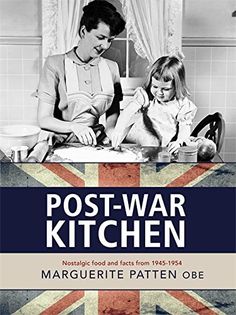
Marguerite Patten. You need a strong stomach to recreate many of the dishes in this book, but it provides a wonderful insight into food, kitchens and society of the 1950s from rationing to the end of austerity.
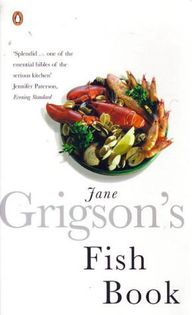
Simply because it’s fish and Jane Grigson. What’s not to like.
Advertisement
